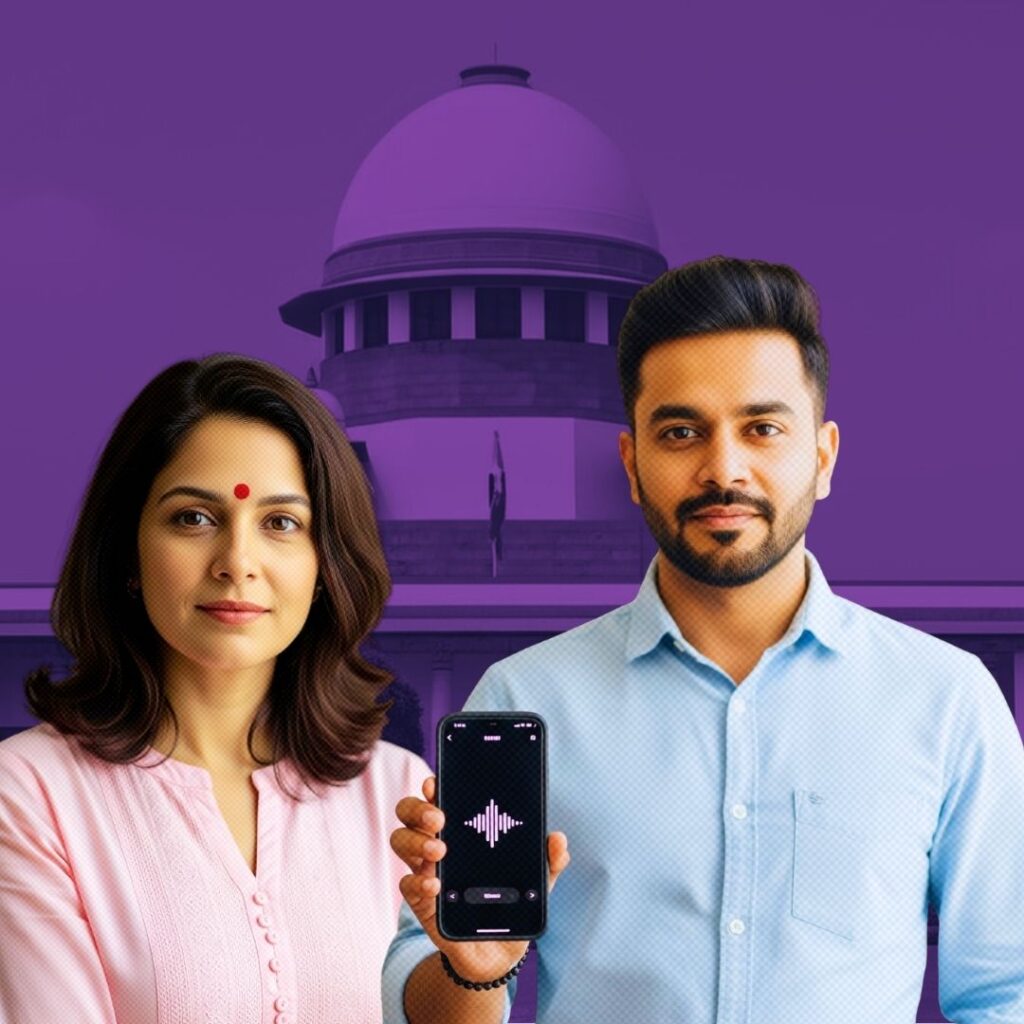Facebook and Germany have had a strained relationship for a long time. To state that the social networking website has an image issue in Germany, where it has 28 million clients, is a modest representation of the truth.
Germans tend to see Facebook as a phenomenon that divides individuals as opposed to bringing them “closer together,” as Facebook’s statement of purpose recommends, by encouraging the spread of hate speech, deception, and fake news.
Online vs. Offline Rules
On October 1, a law came into being in Germany, convincing Facebook and other web-based social networking organisations to adjust to government law representing the right to speak freely. The “System Enforcement Law,” casually alluded to as the “Facebook Law,” enables the administration to fine online networking stages with more than 2 million enlisted clients in Germany—a club that incorporates mammoths, for example, Twitter, YouTube, Instagram, and Reddit—up to 50 million euros for leaving “obviously unlawful” posts up for over 24 hours.
Naturally, this would lead to people worrying about freedom of expression on the Internet and the freedoms associated with it, yet they seem to be in the minority. 70%t of them support the effort, while only 26% reported concern of threats to freedom of expression, according to an April poll. This is because unlike in the US, Germany holds human dignity to a high status. Article 1 of Germany’s constitution postwar states, “Human dignity shall be inviolable.” This idea of human respect started in West Germany’s 1949 Constitution, which was vigorously affected by involving Allied countries. Unlawful discourse in Germany, at that point, is discourse that abuses the individual or gathering.
As per German law, disseminating material that records “cruel or otherwise inhuman acts of violence” is unlawful on the grounds that it abuses human pride. National laws that prohibit the spread of “written material” of a vindictive and defamatory nature that focus on a national, religious, ethnic, or racial gathering make it unlawful. The Facebook Law aims to see if human dignity survives the Internet.
Facebook and Public Opinion
In spite of Chancellor Angela Merkel’s win in the current general election, specialists’ state that fake news did not influence the outcomes. Facebook’s CEO Mark Zuckerberg’s also affirmed that his organisation worked with government experts to shield the vote’s honesty, it in any case created the impression that Facebook assumed a part in conveying to the far-right Alternative for Germany party the best execution of a far-right patriot party since the Third Reich. In spite of Facebook’s confirmations, a ProPublica examination found political ads of questionable sources focused on the Party were still present on the network.
In 2015, a teen Anas Modamani from Syria posted a selfie with Angela Merkel at a Berlin refugee camp. After terrorist attacks in Brussels and Berlin the next year, his picture was used being doctored falsely, making him out to be one of the attackers.
Modamani’s legal advisor, Chan Jo Jun, requested of Facebook to delete each post that had Modamani’s picture in it. In Germany, residents are qualified for rights over their own pictures, yet the law was not composed considering the web. Under the established assurance of human respect, everybody who duplicated and shared Modamani’s picture online ought to have first looked for his authorization, similarly as they would have needed to on the off chance that they were utilizing it in a disconnected commercial or magazine. (Gizmodo called that case “horse crap,” bringing up that Facebook as of now has built up a few advancements, including picture identification programming, that can do only that.) The debate prompted an important court case in which the court let Facebook off the hook, contending that it went about as “neither a perpetrator nor a participant in the smears.” Jun said the misfortune demonstrated that Germany’s laws were deficient to manage the overcome new universe of web-based social networking.
“We have to decide whether we want to accept that Facebook can basically do whatever it wants,” Jun said after they lost “or whether German law, and above all the removal of illegal contents in Germany, will be enforced. If we want that, we need new laws.”
Despite the fact that he lost the case, the discussion over the Modamani selfie demonstrated, for Jun, that the German lawful framework was not yet sufficiently equipped to consider online networking organizations responsible, and the massive press scope it had created appeared to tilt general assessment toward a similar conclusion.
Banning Speech or Moderating it? A network of ties between the social media’s policy, its technological affordances, and the communication of its users are what usually form hate speech and discriminatory practices. Since, as any business, Facebook is designed to favour and share content that increases the revenue fro…











